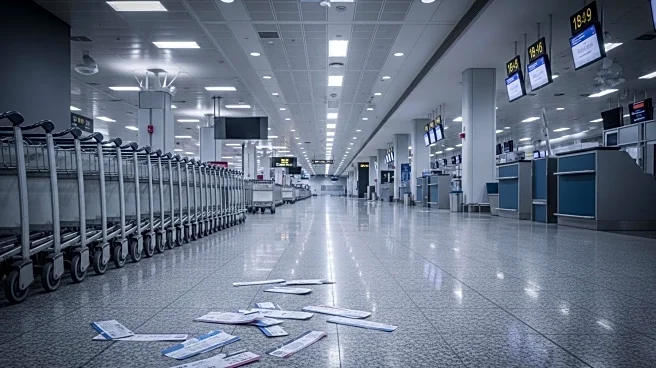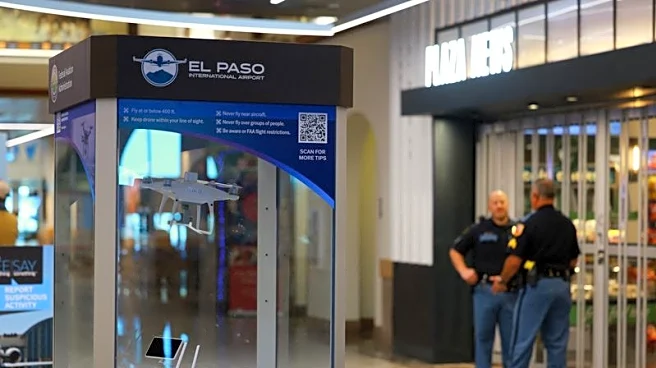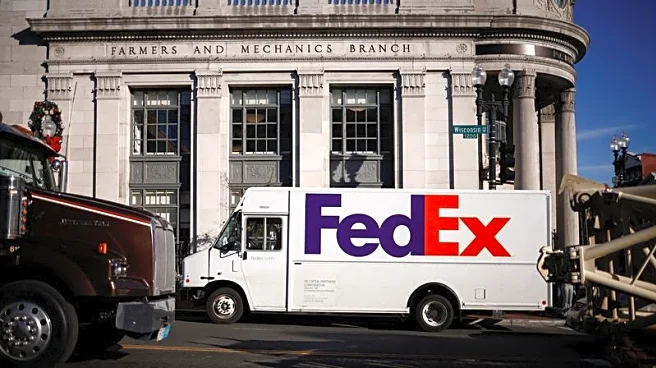What's Happening?
On September 29, 2025, Play, a low-cost airline based in Iceland, abruptly ceased operations, leaving passengers stranded. The airline announced the immediate cancellation of all flights, affecting approximately 1,750 passengers on 12 flights scheduled for that day. Play operated routes between Reykjavik and various cities in Europe, Canada, and the United States. The airline advised passengers to seek refunds through their credit card companies and explore alternative travel options with other airlines, which may offer discounted 'rescue fares' to those affected.
Why It's Important?
The sudden shutdown of Play highlights the vulnerabilities in the airline industry, particularly for low-cost carriers that may face financial challenges. This development impacts travelers who relied on Play for affordable international travel, potentially leading to increased travel costs and logistical challenges. The closure also affects the tourism industry in Iceland, as Play was a key player in bringing visitors to the country. Other airlines may benefit by absorbing Play's market share, but the immediate impact on passengers underscores the need for robust consumer protection measures in the travel sector.
What's Next?
Passengers affected by Play's closure will need to navigate the refund process and find alternative travel arrangements. Credit card companies and travel insurance providers will play a crucial role in compensating customers. Airlines offering 'rescue fares' may see an influx of bookings from stranded travelers. The Icelandic government and aviation authorities may investigate the circumstances leading to Play's shutdown and consider regulatory measures to prevent similar occurrences in the future.
Beyond the Headlines
The closure of Play may prompt discussions on the sustainability of low-cost airline models, especially in the face of economic pressures and competitive markets. It raises questions about the financial health of other budget carriers and the potential need for industry-wide reforms to ensure stability and consumer confidence.











